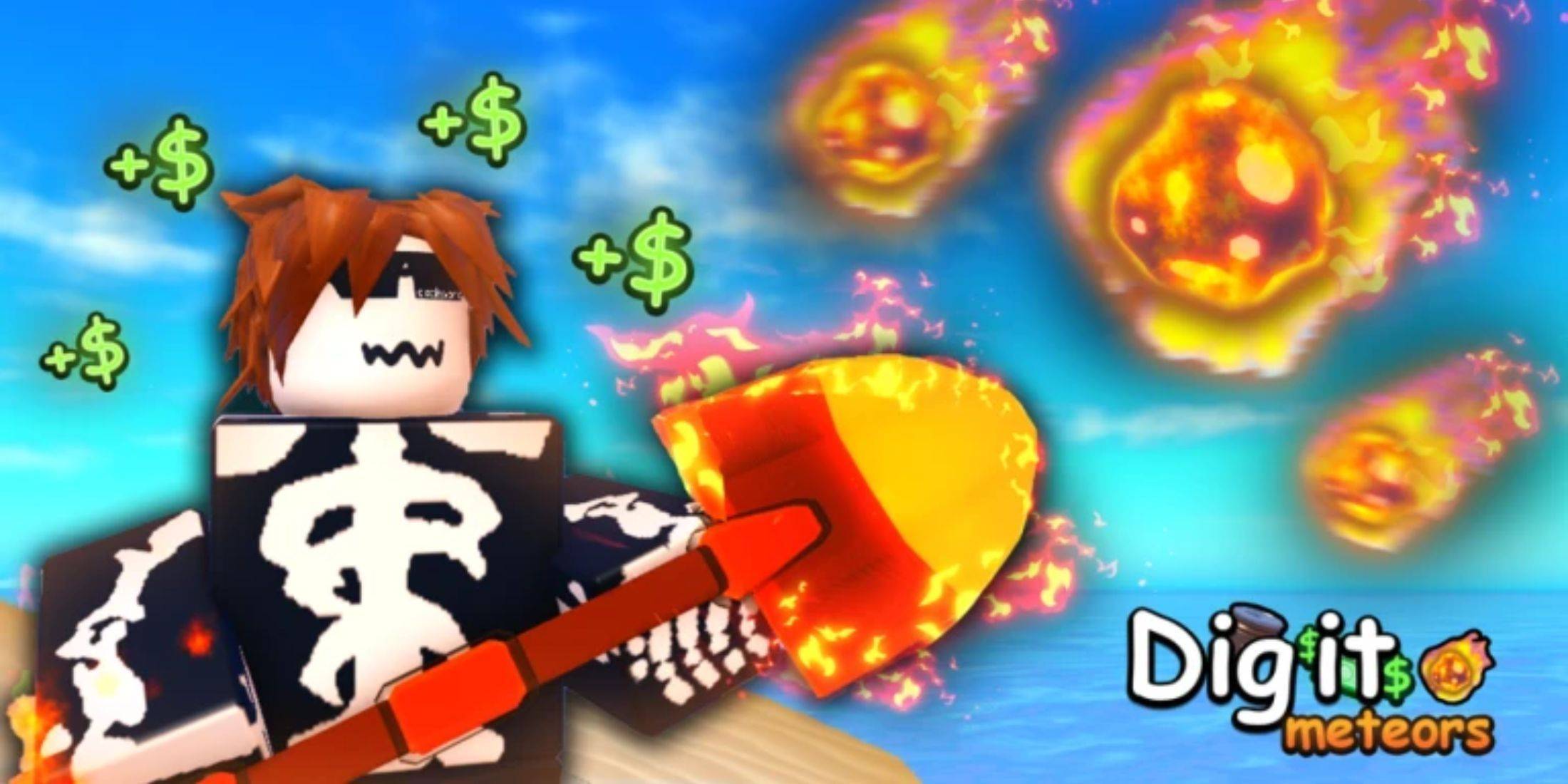"Resident Evil 2 and 4 Remakes: A Daunting Development Journey"

Yasuhiro Anpo, the director behind the remakes of Resident Evil 2 and Resident Evil 4, shared that the decision to revamp the second installment stemmed from the overwhelming fan demand to see the 1998 cult classic restored to its former glory. Anpo remarked, "We realized: people really want this to happen," to which producer Hirabayashi confidently responded, "Alright, we'll do it."
Initially, the team contemplated beginning with Resident Evil 4. However, after thorough discussions, they recognized that the game, already highly acclaimed, was considered nearly perfect. Making changes posed significant risks. Consequently, the focus shifted to an older title in the series that required a substantial update. To better align with player expectations, the developers also examined fan projects.
Yet, skepticism wasn't confined to Capcom alone. Even after the successful release of the remakes for Resident Evil 2 and 3, and the announcement of the next one, some fans expressed concerns, arguing that Resident Evil 4, unlike its predecessors, didn't necessitate an update to the same extent.
While Resident Evil 2 and Resident Evil 3, launched in the 1990s on the original PlayStation, featured outdated elements such as fixed camera angles and cumbersome controls, Resident Evil 4 revolutionized the survival horror genre upon its 2005 release. Despite initial reservations, the remake of Resident Evil 4 managed to retain the essence of the original while enhancing the gameplay and narrative significantly.
The commercial triumph and overwhelmingly positive reviews affirmed that Capcom had made the correct choice. It demonstrated that even a game regarded as nearly untouchable could be reimagined with reverence for the original and a fresh, creative approach.





























